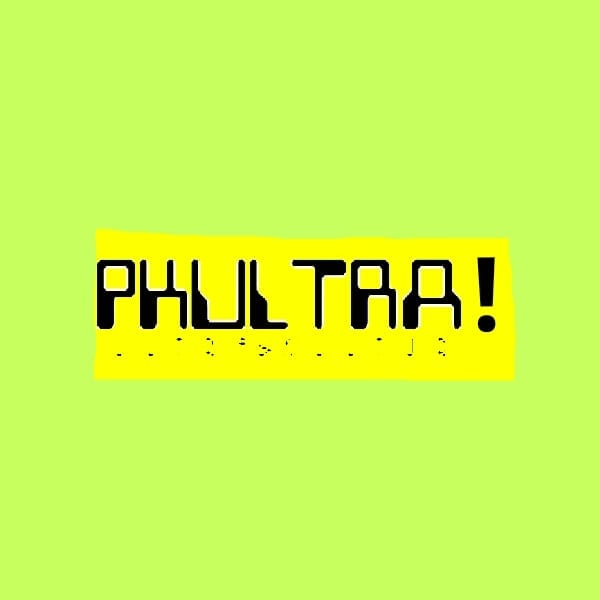Austrian artist Christian Bazant-Hegemark (www.bazant-hegemark.com), whose work will be presented in his first solo show in the USA, at Seattle's Form/Space Gallery on July 12th, 2013. The artist has previously shown his work in solo shows in Europe and beyond, including Leipzig, Paris, Rio de Jane...iro, Vienna, Düsseldorf and others.
The upcoming exhibition will showcase the work that was produced during his residence in Seattle. It will be accompanied by a limited-edition catalogue of the artist’s work.
About the show:
"All human beings are born free and equal in dignity and rights. They are endowed with reason and conscience and should act towards one another in a spirit of brotherhood."
- The Universal Declaration of Human Rights
The collection of paintings completed during the Wolfram residency in Seattle, WA, offers a dystopian take on current affairs, unfolding a variety of unforeseen events - uncanny scenarios connected by their sparse use of figuration. The works present sombre fragments: The loosely dangling empty flag missing its stars, a crash-landing site, a tornado, a scenery of Disneyland-inspired flora where a dirty dove spins away from mail boxes turned pandorian. A post-industrialized, haggard, old man harvesting a plant of boolean descent on an infinite plane of three-colored, rothkoesque flatness, watched by the cipher of a fully-lipped, potentially homoerotic dark angel pondering the proceedings in apathy. A white-winged chimpanzee, floating in an undefined black void, connecting with a prism's light..
On their route from the everyday to the surreal, the paintings continuously open their formal vocabulary and range of action to reflect various American painting topics and tendencies while also becoming a statement about today's use of figuration per se. These works employ paraphrasing of painters like Rothko or Guston, usage of US specific, internationally understood symbolisms like Old Glory, KKK paraphernalia, the Mickey Mouse silhouette and others. The symbolized depiction of highly relevant themes include the recent publications regarding the NSA's Prism program - whose logo's rainbow color gradient, more commonly used as the symbol for LGBT pride, serves as the connecting theme throughout all pieces.
The work’s colors incorporate a sense of dread that might be typical of an outsider view of the U.S., and its epitomal status primus inter pares of western civilization, where constitutionally guaranteed rights are frequently morphed into or reduced to temporary privileges, and freedom becomes a volatile state to be granted or withheld - while at the same time allowing for basic criticism like the one offered with the show's work.
The paintings thus become multifaceted vectors of both painting's possibilities in general, and of our time more specifically. Vectors of materialized paint, whose distinct spectral palette dives deeply into the American dystopian subconscious, visually pre-thought by the likes of David Lynch, Gregory Crewdson or David LaChapelle - each known for their individual approach and mastery to create unique atmosphères noires.


No comments:
Post a Comment